Photos of Will Smith during his time with the New Orleans Saints.



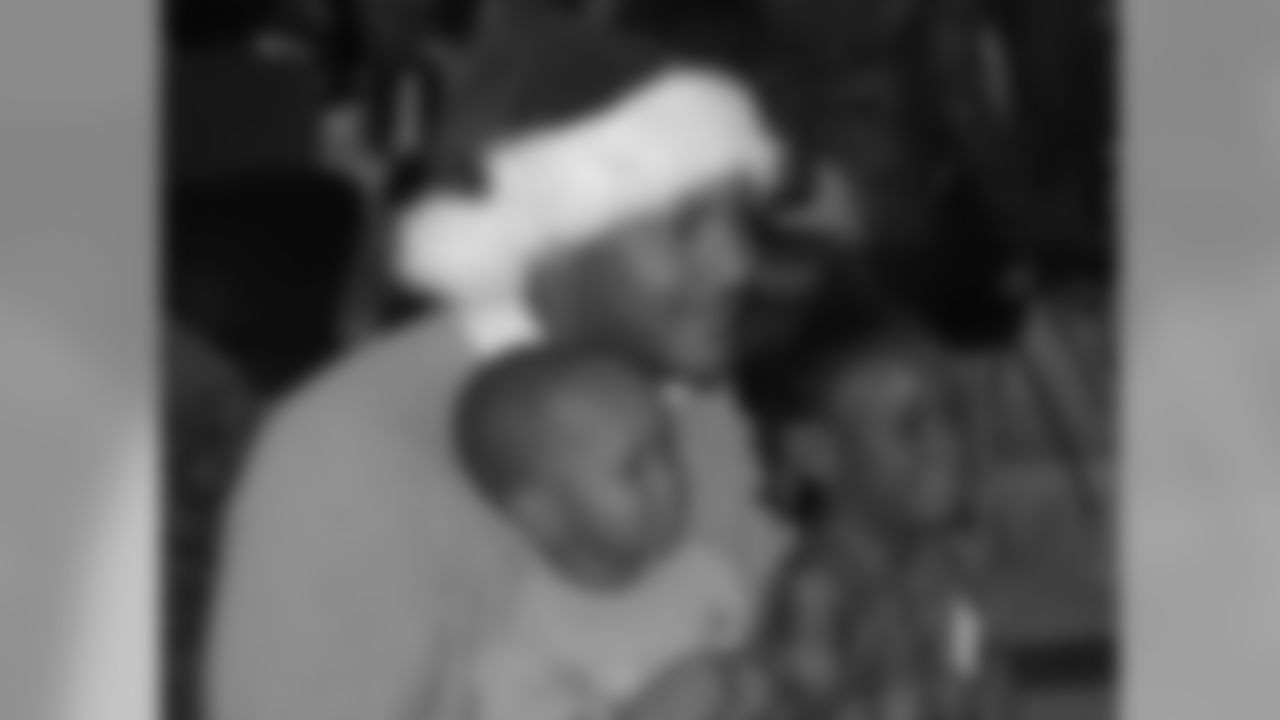









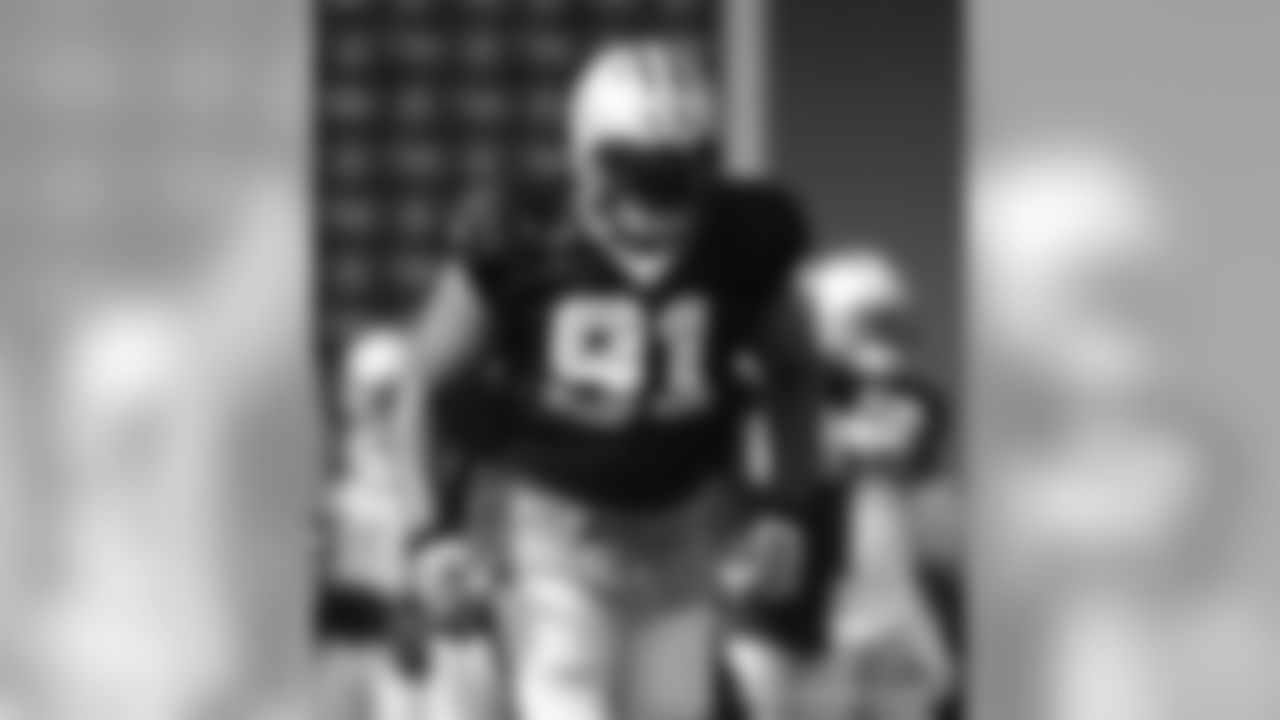



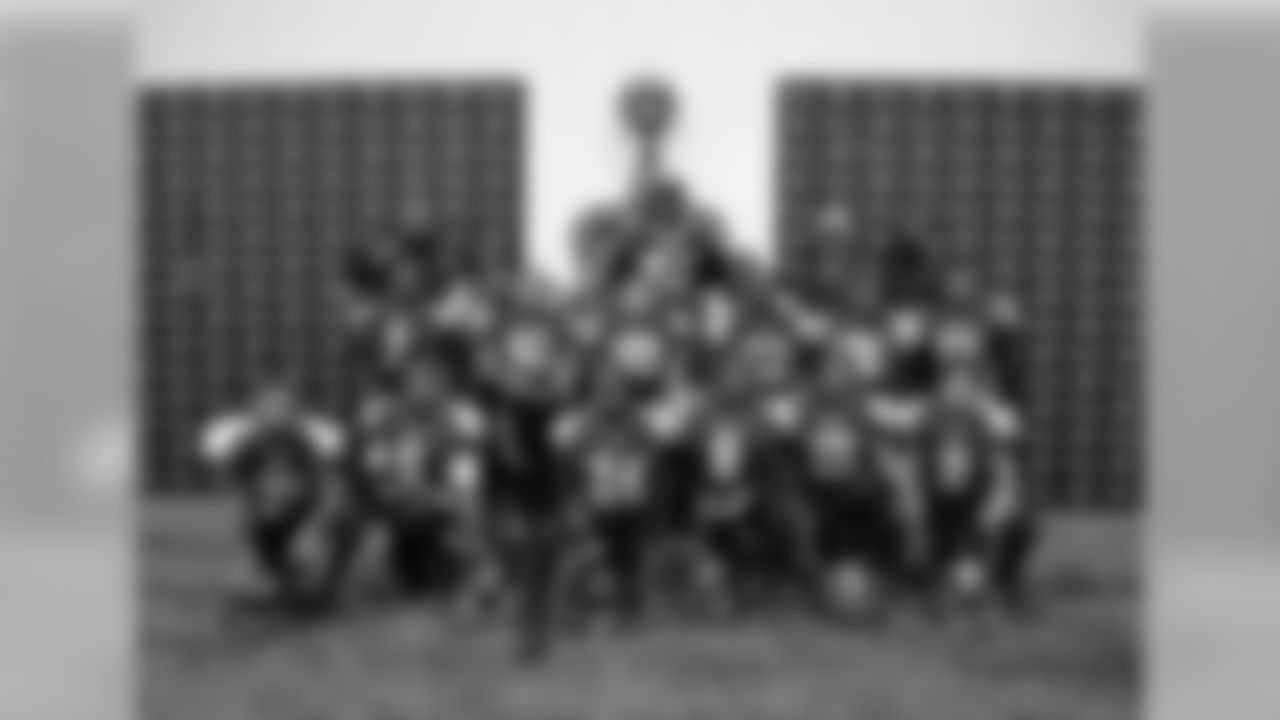
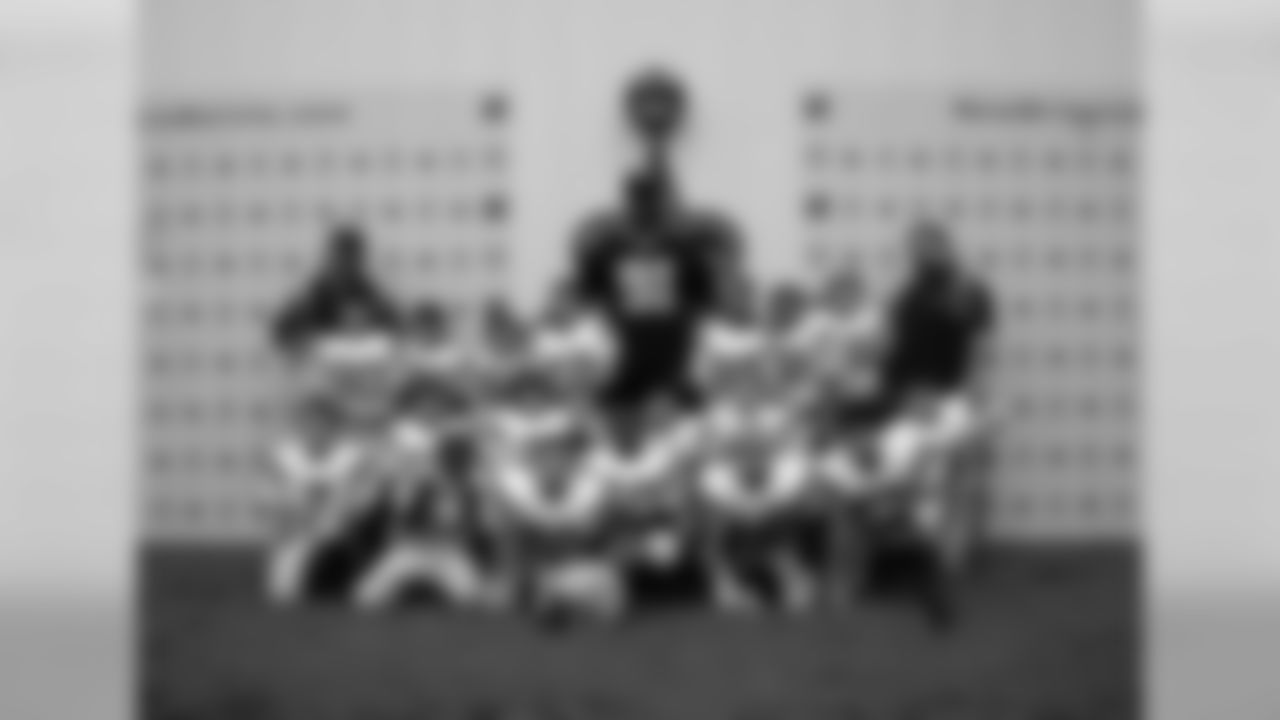
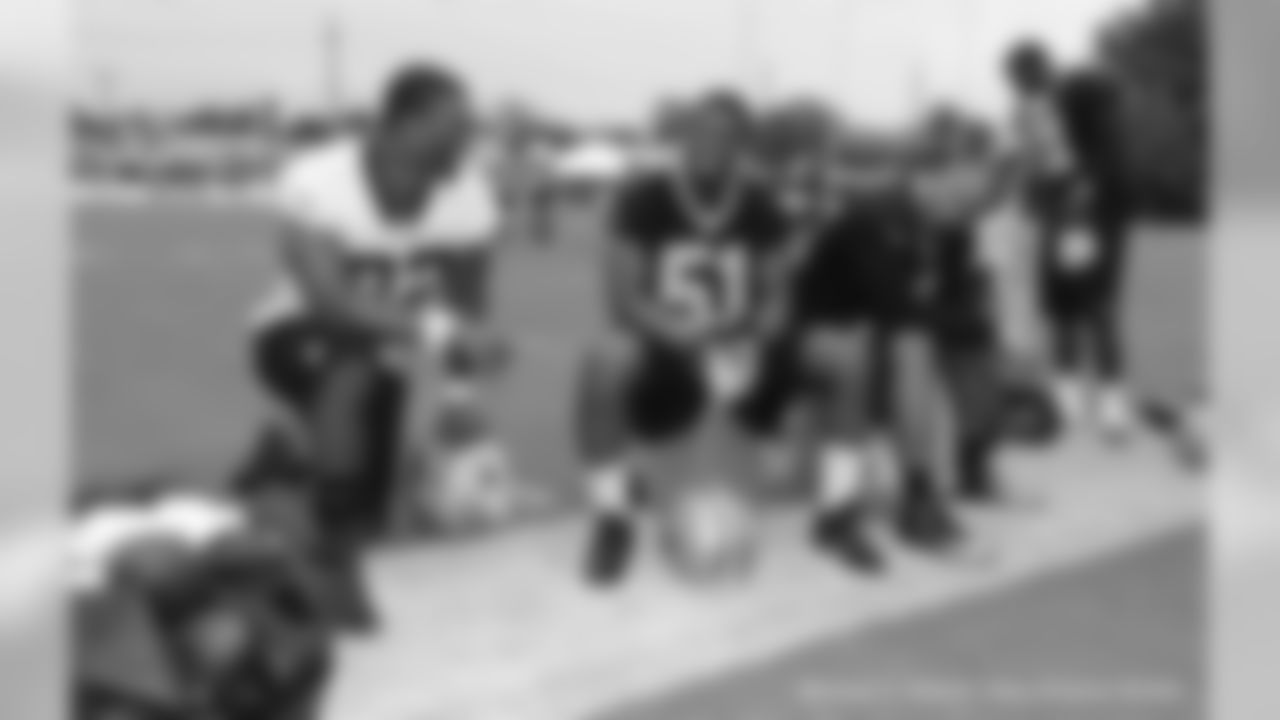
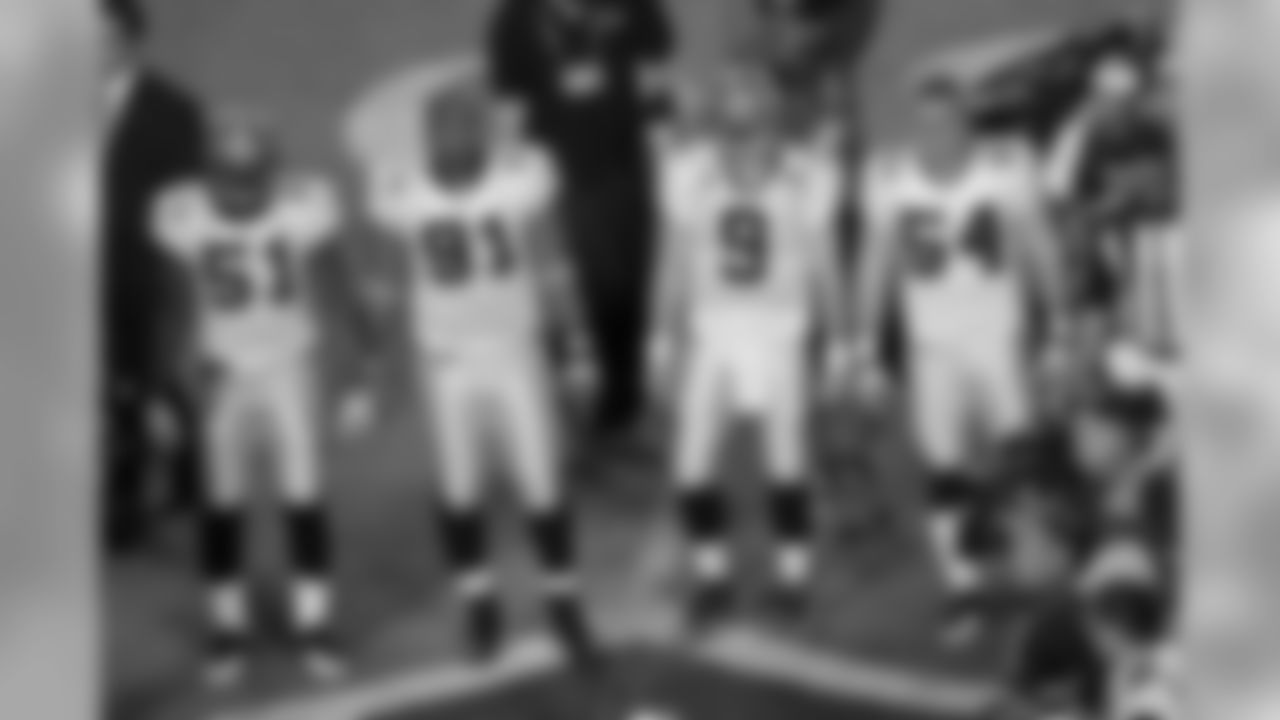
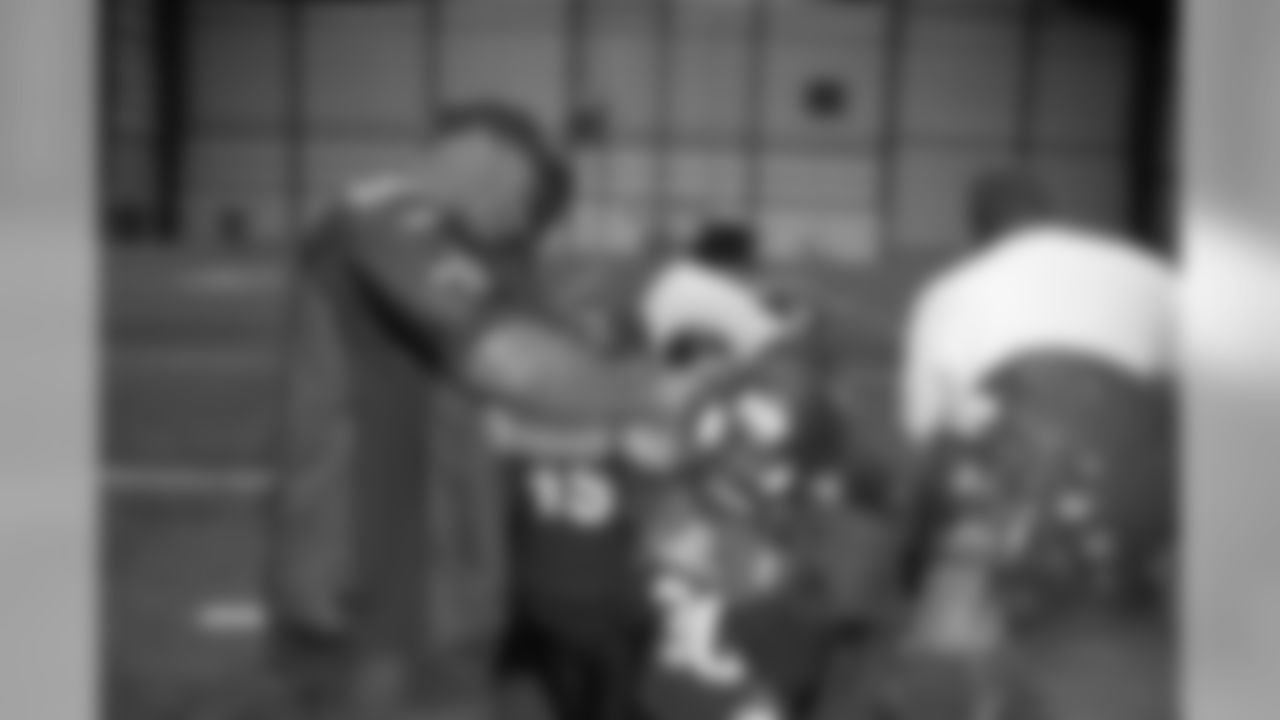
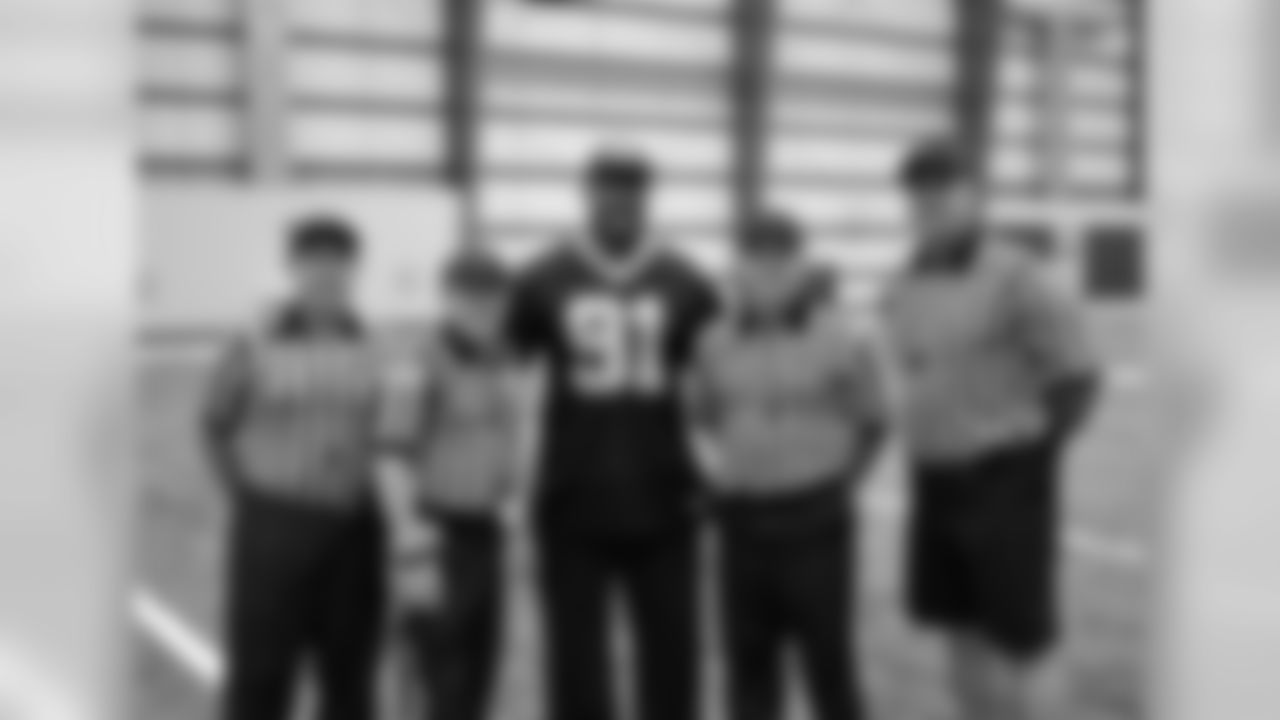




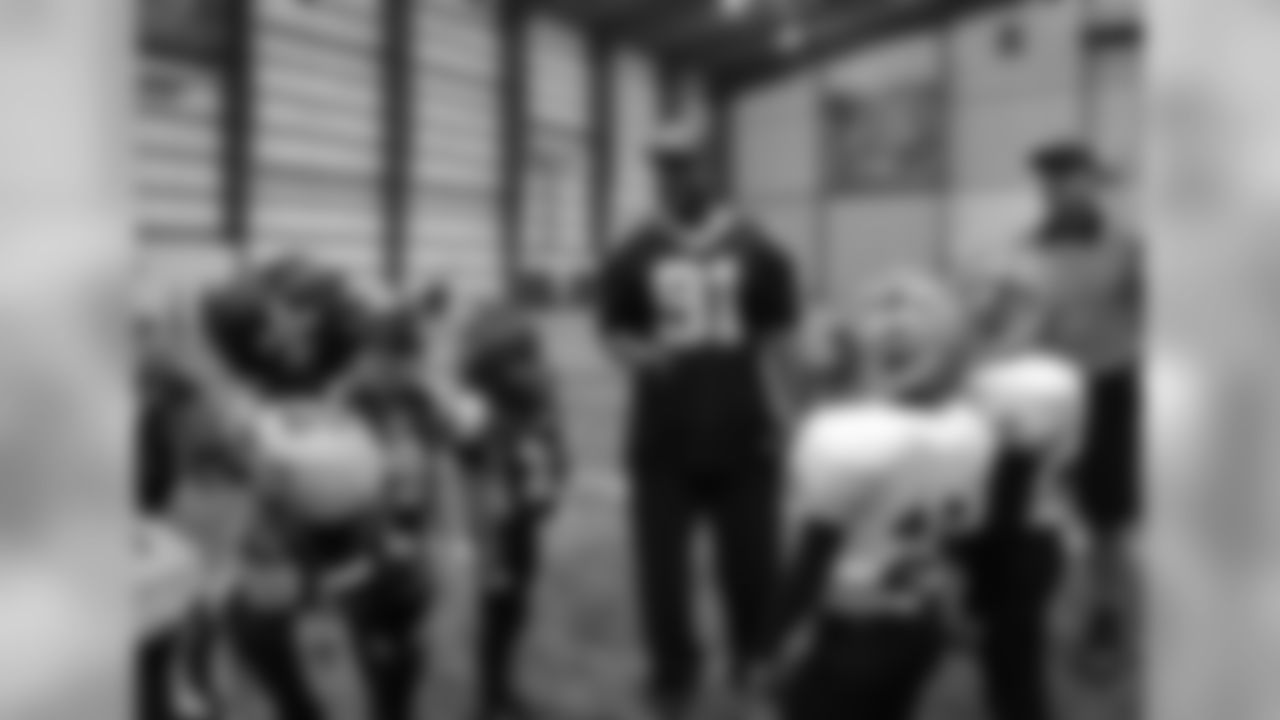





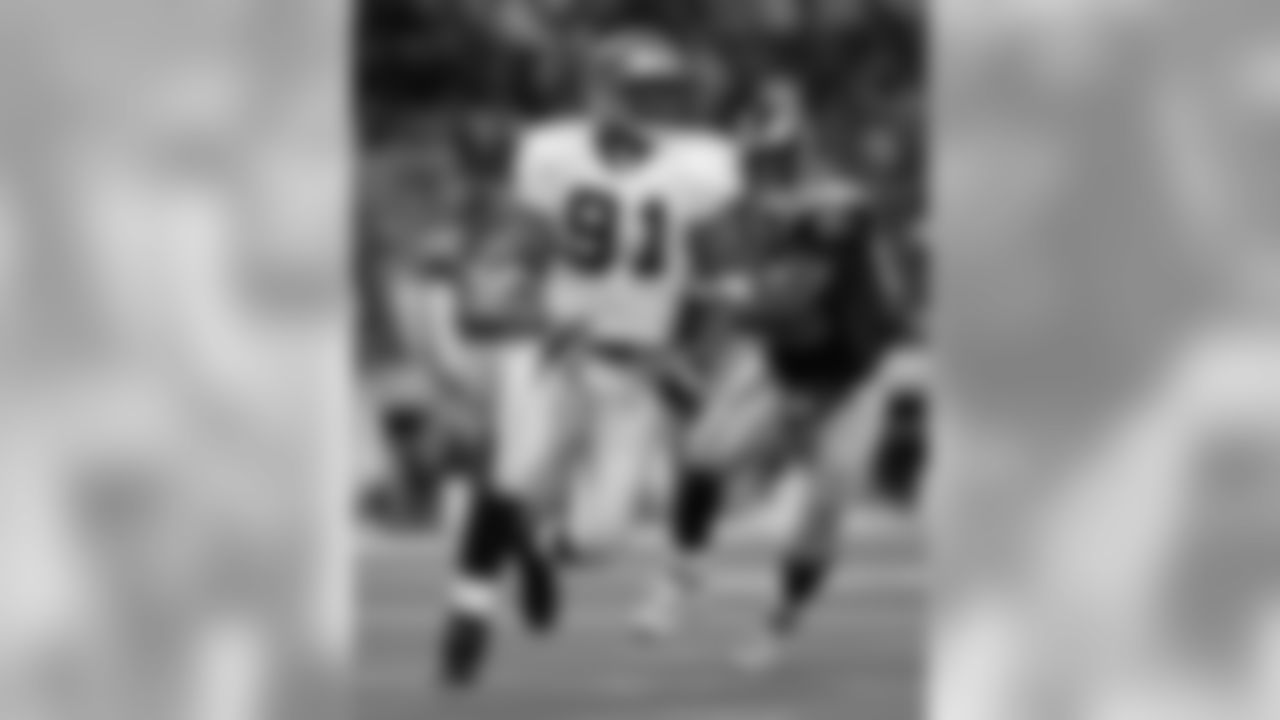



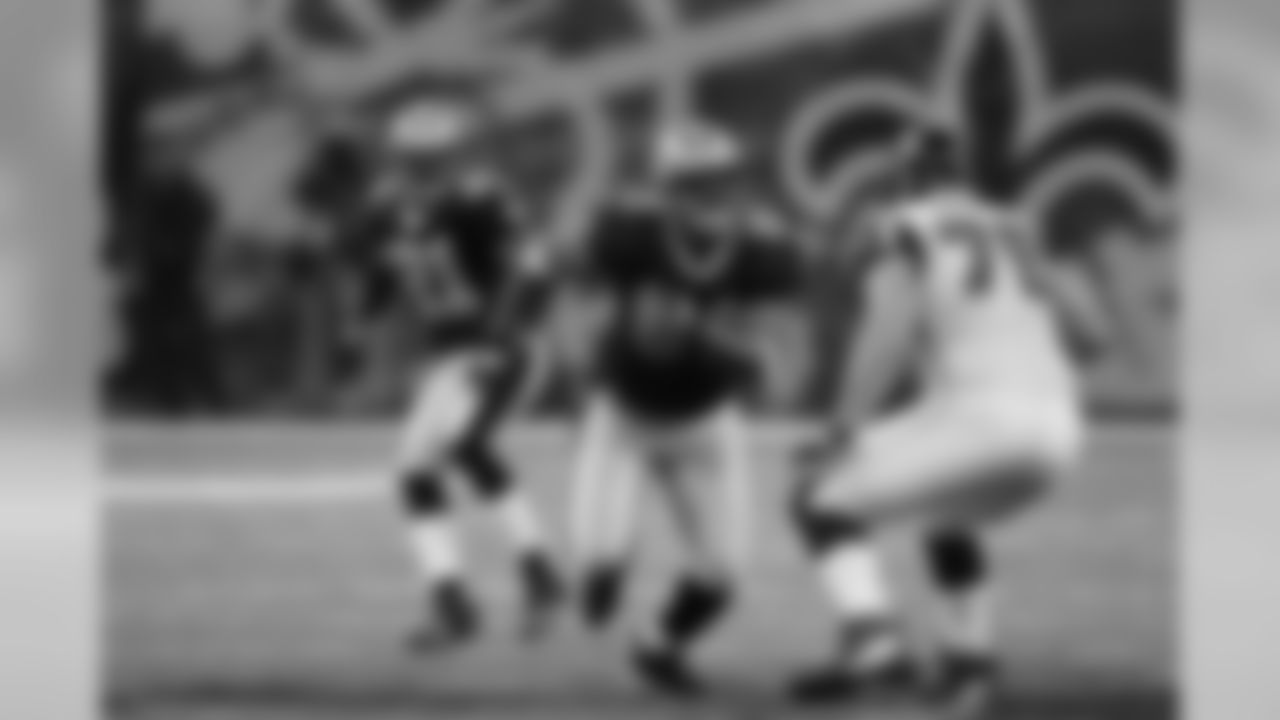















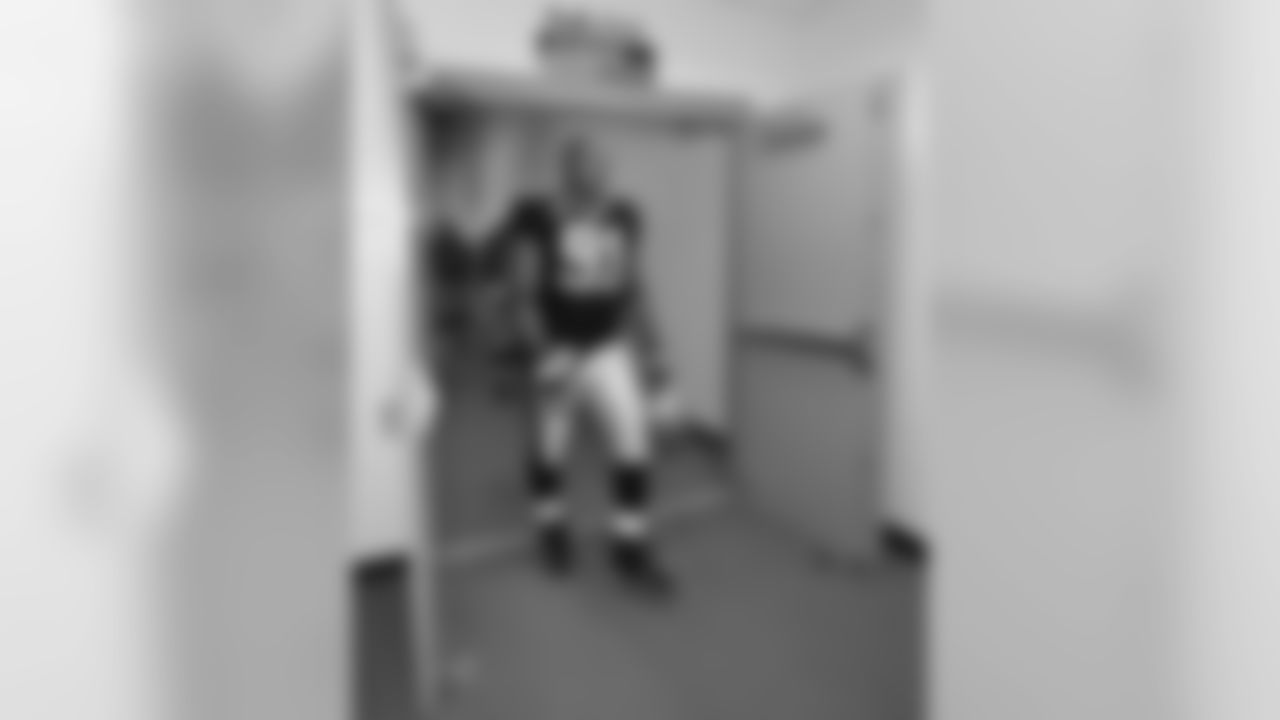





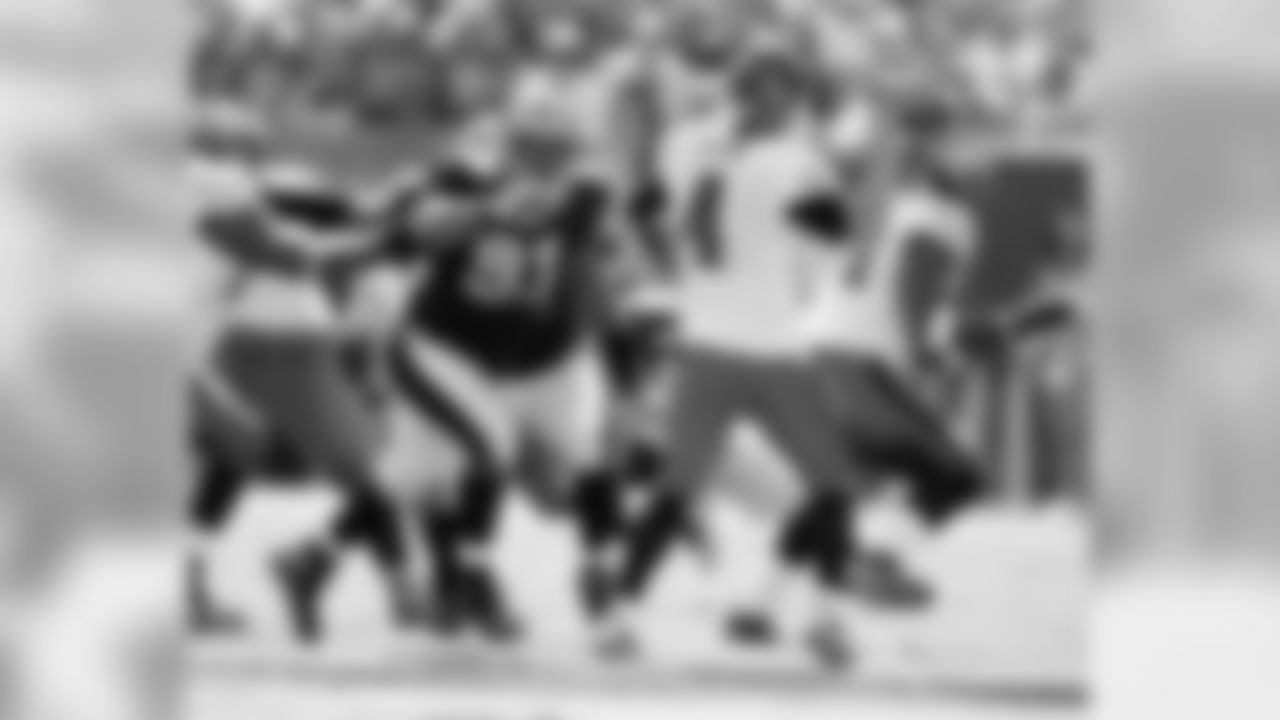



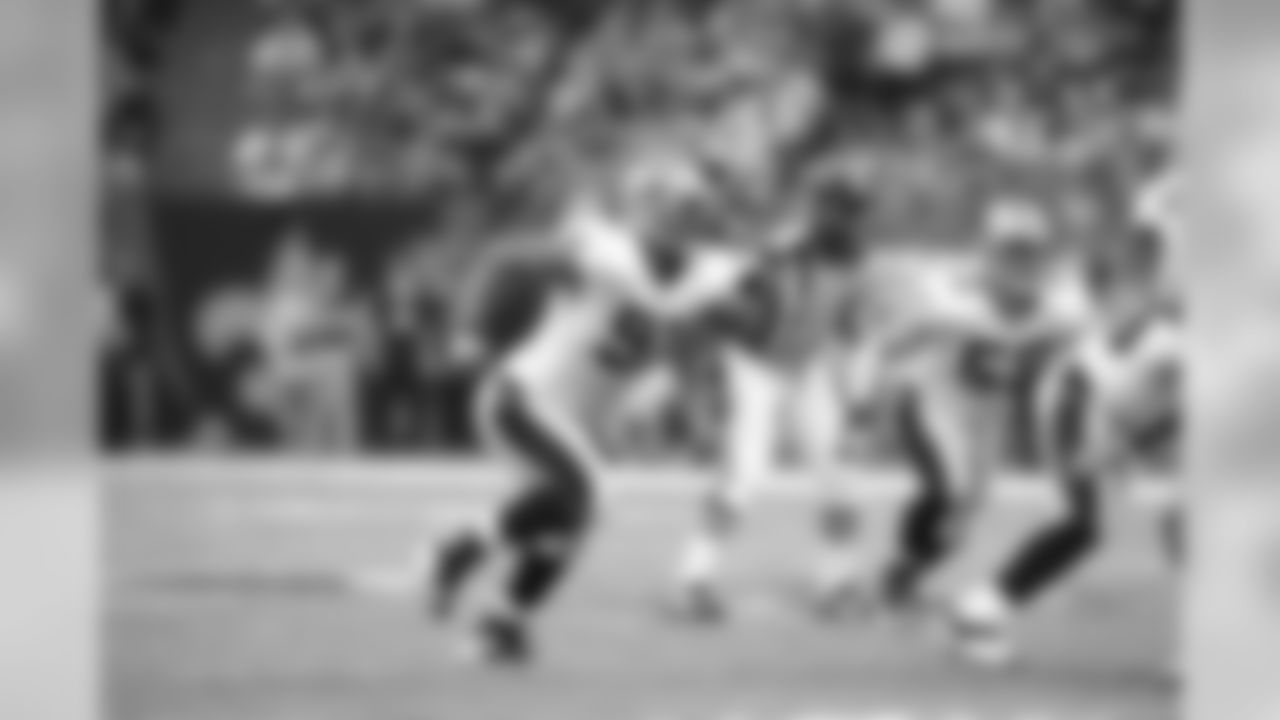



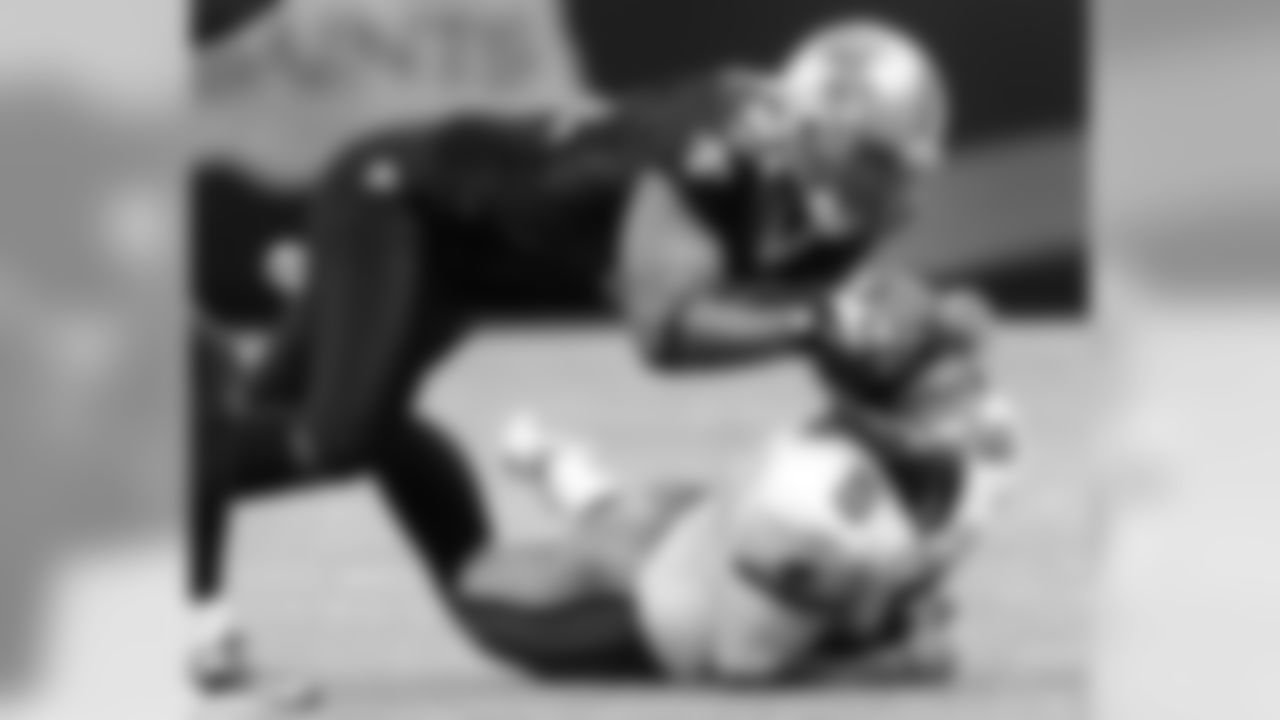

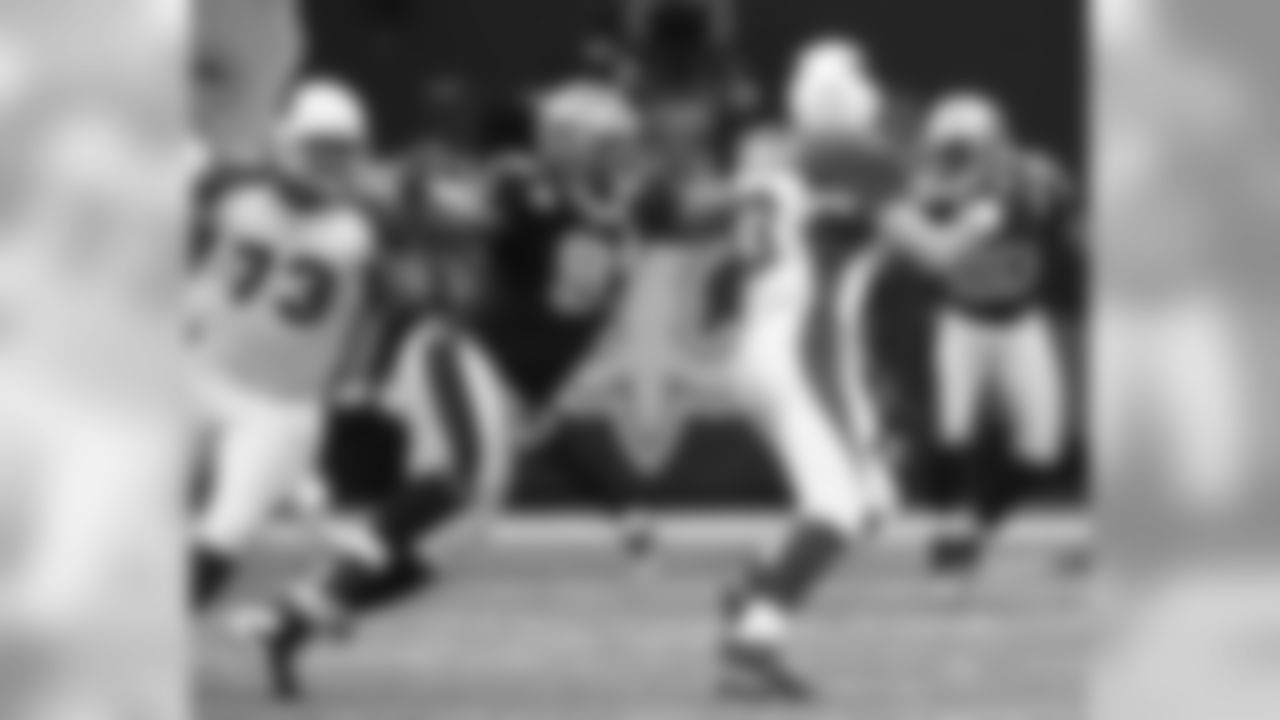










Cameron Jordan didn't need much time to figure out the kind of teammate and man Will Smith was, after Smith and Jordan, then the New Orleans Saints' first-round draft pick, crossed paths when Jordan was selected No. 24 overall in 2011.
One defensive end (Smith) quickly took to the other (Jordan). The careers of the two overlapped for a couple of years, with Smith playing for New Orleans from 2004-12.
"He was not only an intellect but he's a guy who, when I first came in, it was a lockout year and he was training out in Arizona," Jordan said. "And me being from Arizona, I met him out there long before I was even allowed to have contact with the Saints.
"I met him at the training facility that we were at and he was more than happy to share some of his knowledge with the players that were coming out about what to expect, what I would be going through. He sort of took me under his wing my rookie year and showed me how to watch film. You have a veteran of the game who was willing to open up his hand and let you see how he got that far.
"From there, he showed me his old notebook from the year prior and went over a couple of plays, like, 'This is what you should expect.' I don't know who else is going to do that for you. I can't speak on anything but how much character he had, how much love he showed me when I first got drafted."
Jordan's memories are but a few of the many that have been relived since Smith was shot and killed late night April 9. A public visitation for Smith – a former team captain, Pro Bowler, member of the winning Super Bowl XLIV team and 2016 inductee into the Saints Hall of Fame – will be held today from 2 to 7 p.m. at the Saints' indoor training facility in Metairie.
Jordan wasn't the only rookie who was shown love by Smith.
Malcolm Jenkins, especially, drew his attention. Jenkins, a Saints defensive back from 2009-13, also was a first-round pick (No. 14 overall). But he had an edge over most rookies: He played collegiately at Smith's beloved Ohio State, the program Smith helped win the BCS national title in 2002.
Buckeye or not, though, Jenkins figured out what Jordan later would discover.
"He was the first person to reach out to me once I got into town, somebody that kind of showed me the ropes and what it meant to be a professional, how to take care of your body, how to study the game," Jenkins said. "I really saw him as one of the great leaders among people I've been around, just the amount of respect that his peers had for him, the amount of respect that his coaches had when they were around him, there's not many people I can compare it to.
"There's (Saints quarterback) Drew Brees and then there's Will Smith, when you talk about leadership on that team. It's very humbling to be around guys like that, respected throughout the entire team. From starters all the way down to practice squad players, I think everybody has a story about how they've been impacted by him."
Many of those who were will be attending today's visitation.
Smith, who was 34, left behind a legacy of faith, family, winning, leadership and charitable work. He was an adhesive within the Saints' locker room, one that helped the team post four 10-plus victory seasons and three NFC South Division titles during his tenure.
"That's what made winning so fun, and I think it led to winning," said former linebacker Scott Shanle, a Saint from 2006-12. "We all enjoyed being around each other every single day. It never felt like a grind, it never felt like when you woke up, 'Man, I've got to go see these guys.'
"We enjoyed seeing each other. Guys smiled at each other when they walked in the locker room, sat down and could talk in the cafeteria, locker room, weight room, wherever it was. Everybody just got along. There were no issues with people. That truly made it great and to win along with those guys made it very rewarding.
"It would be hard to not write a book about the type of man Will Smith was. When you think about a football player, he was everything you could have hoped for – first-round draft pick, lived up to those expectations, was a cornerstone of that organization and franchise, team captain year after year for good reason. When he spoke everybody listened. Will wasn't a rah-rah guy but when he spoke, it came from the heart and we all knew he meant what he said and it had feeling behind it. Will was one of the most respected players I've ever played with. It was Will Smith the person, not the football player, that I think most people that played with him came away impressed with.
"I was a small-town kid from Nebraska, grew up on a farm for most of my life and Will was a proud New Yorker, and we could sit down and talk for hours about anything and everything. Will had this way of getting along with everybody no matter what their background was, it didn't matter. I think that quality made Will a special person."
Those qualities, and more, made Smith a first-round pick in 2004 (No. 18 overall) even though the Saints didn't have a "need" at the position.
"In 2004, we went into that draft and we really weren't looking for a defensive end," Saints General Manager Mickey Loomis said. "We had (defensive ends) Charles Grant and Darren Howard, two good players for us. We were picking 18th, and we had Will graded really high. When it came time to make our pick we just couldn't pass him up.
"He epitomized all the things we're looking for, even today: Character, intelligence, he was a productive player, tough, he had an edge to him in a good way, and it was a good pick. It was a good pick, even though in the beginning of that day we weren't thinking about taking a defensive end. It was one our better picks.
"One thing about Will, in his entire time here, it seemed like he always made the right decision, always did the right thing. He was a leader for our team, for a long time a big part of the reason we had success."
Success and Smith frequently were linked, from Proctor High in Utica, N.Y., to Ohio State University, to New Orleans.
Saints fans created a memorial for Will Smith at the scene of his death. Photos by Ashley Amoss.


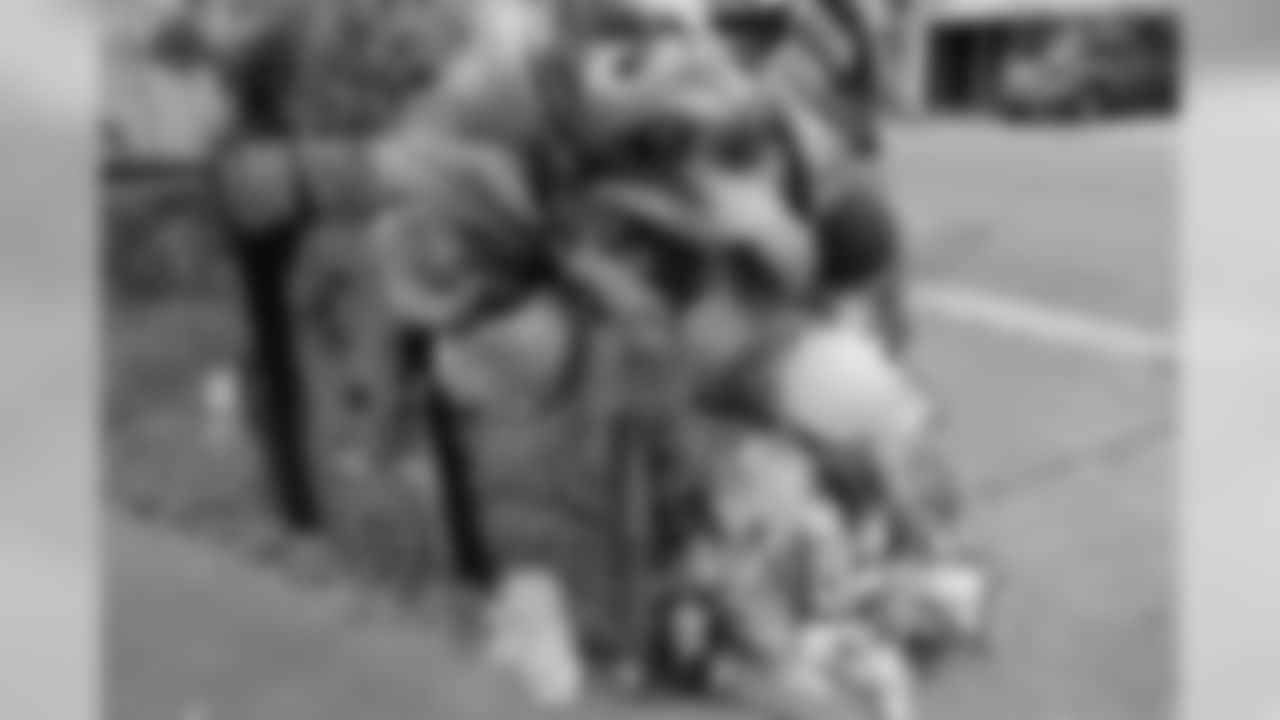









"He was one of the best [football] players to come out of Proctor," one of his high school coaches, Jerry Fiorini, told Entertainment Tonight. "He was a cornerstone of Proctor football. He was a great leader, great teammate, hard worker – he was the hardest worker on the team. He was one of a lifetime. I don't know if there will ever be another Will Smith coming around Proctor, as far as the kind of player he was."
Fiorini said that Smith was raised in Utica by his grandmother, and that he would come back home and run football camps, some of which included Smith's Saints teammates as counselors.
"No one ever had to pay, everything was free," Fiorini said. "He never would charge anyone anything. He wanted to draw more attention to football in the area that he grew up in because he wanted to let everyone know that we have great football players in Upstate New York. He would come back every year."
He also frequently visited the Ohio State campus in Columbus, Ohio. Smith was a four-year letterman at Ohio State (2000-03) whose legacy there was cemented with the '02 title.
"Great young man," said Youngstown (Ohio) State University president Jim Tressel, who was Smith's coach at Ohio State and led the Buckeyes from 2001-10. "So humble. Great player, everyone knows that. But selfless as he could be; cared about everyone from the walk-on kid trying out, to every coach, every fan."
Tressel said one of Smith's finest moments at Ohio State was the bowl game following the 2003 season, after the Buckeyes had lost their shot to defend the title.
"Everyone knew he was going to be a first round draft pick and he could've gone into the bowl game like, let me get this over with, let me get to the NFL and make my money and all that, but that's not him," Tressel said.
Tressel said Smith told the team, "I'm not gonna let you think that way. We're not leaving here losing two games in a row. We're gonna be the Fiesta Bowl champions and you better plan on that, and I'm like, 'Man, you should be the coach.'
"I guess the impact he leaves on me is I was blessed, even though it was only three years of my life and three years of his, to have him a part of my life."
That feeling of being fortunate to have known Smith extends to New Orleans. His non-profit foundation, Where There's A Will, There's A Way, was founded in 2007 and centered on motivating, educating and providing opportunities for women and youth.
His reach extended to Bridge House/Grace House in 2010. The mission of Bridge House/Grace House is to provide gender specific treatment to men and women who have become dependent on alcohol or drugs so that they may lead sober and productive lives.
"He was a great man," said Kevin Gardere, executive director of development for Bridge House/Grace House. "I was just thinking about him Saturday, before all this happened. He just seemed to do everything the right way, he looked out for people that no one else cared about.
"He was involved in the community. He had his family first, his faith. Where There's A Will, There's A Way was kind of centered around helping the youth in our community, but he helped us knowing that a lot of these kids are not going to get healthy if their mom and dad aren't. That was the tie in with us, giving parents back to their children.
"He was an amazing man. He was always humble, never boastful. It's a big blow for his family, for the entire city and maybe for the entire nation."
The family lost a husband, father, son, uncle, nephew. The city lost a man who chose to settle in it after his playing career ended.
"One thing about Will, he loved New Orleans," Loomis said. "I remember a number of years ago, he said to me, 'Hey, I'm going to be living here the rest of my life.' He loved the city, he loved being a part of it, obviously being part of the Saints, and he's going to be missed.
"Will's nature was such that he just took care of things without being asked. He did it without it being up front. What happens is, you take that kind of leadership for granted.
"Will is just one of these guys that I think we had a vision for eventually being a part of our organization again, because you value those intangible traits that he had and you want that to be part of, not just the locker room, but part of the organization as a whole."


















